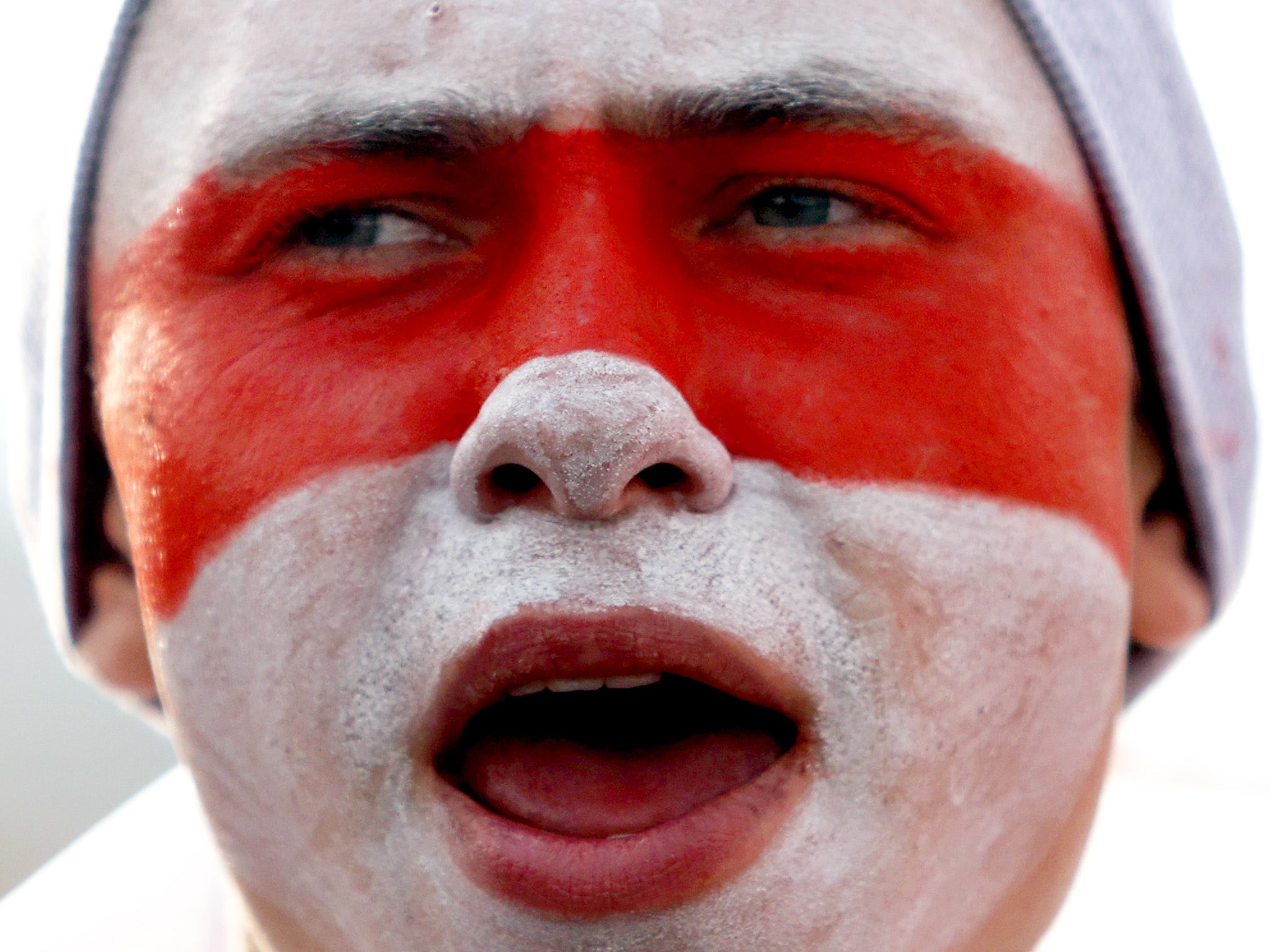UK temporarily recalls ambassador to Belarus
Move follows Minsk decision to expel neighbouring diplomats

Your support helps us to tell the story
From reproductive rights to climate change to Big Tech, The Independent is on the ground when the story is developing. Whether it's investigating the financials of Elon Musk's pro-Trump PAC or producing our latest documentary, 'The A Word', which shines a light on the American women fighting for reproductive rights, we know how important it is to parse out the facts from the messaging.
At such a critical moment in US history, we need reporters on the ground. Your donation allows us to keep sending journalists to speak to both sides of the story.
The Independent is trusted by Americans across the entire political spectrum. And unlike many other quality news outlets, we choose not to lock Americans out of our reporting and analysis with paywalls. We believe quality journalism should be available to everyone, paid for by those who can afford it.
Your support makes all the difference.The UK has temporarily recalled its ambassador to Belarus in response to the Lukashenko government's decision to expel 35 diplomats from neighbouring Poland and Lithuania.
Authorities in Minsk asked the two countries to scale back the number of diplomatic staff they had in Belarus on Friday amid ongoing political unrest following the disputed reelection of president Alexander Lukashenko.
Protests disputing the results of the election have been going for more than two months, with demonstrators demanding Mr Lukashenko's resignation and freedom for political prisoners.
Dominic Raab, the British foreign secretary, tweeted on Friday night: “[The UK] condemns Belarus' decision to expel Polish & Lithuanian diplomats. Completely unjustified and will only isolate the Belarusian people. In solidarity, we are temporarily recalling our Ambassador for consultations on the situation in Belarus.”
Mr Lukashenko, who has been the sole occupant of the presidency since it was established 26 years ago, won with 80 per cent of the vote in August's election, which the Belarus opposition, foreign governments and the European Union have refused to recognise as valid.
Mr Lukashenko's main challenger Sviatlana Tsikhanouskaya received only 10 per cent of the vote and has said the outcome was manipulated.
Mass protests have rocked Belarus since the election and have been met with a forceful crackdown by authorities.
The Belarusian government has detained more than 10,000 people since the protests began, according to the Viasna human rights centre.
At the end of September, the UK along with Canada imposed sanctions on Belarus in response to human rights abuses following what the Foreign Office called “rigged elections”.
Additional reporting by Press Association



Join our commenting forum
Join thought-provoking conversations, follow other Independent readers and see their replies
Comments